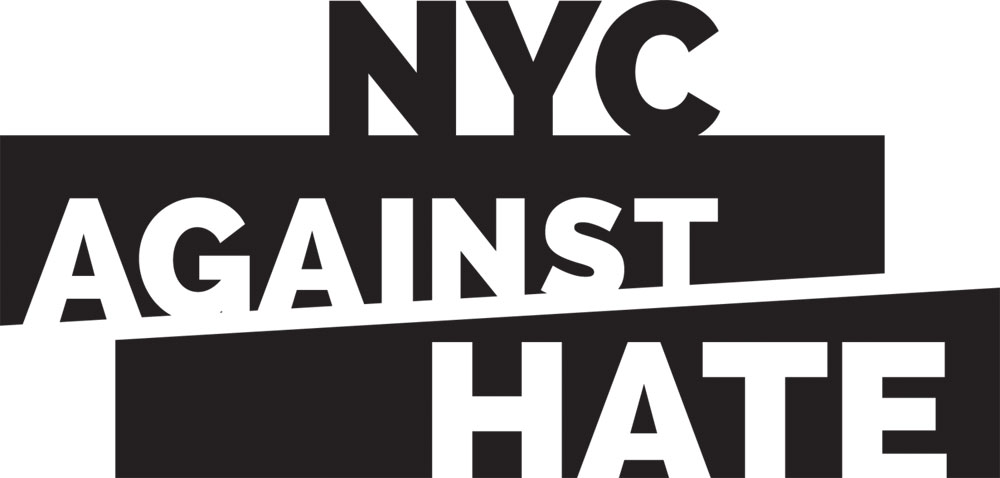
July 24, 2020; Next City
Last year, under the banner of NYC Against Hate, a group of nine New York City nonprofits came together to address their city’s growing number of hate crimes. Their approach, as Next City details, is based on the belief that violence can be best “prevented in community, not by the police or by prosecutors.” The groups’ interventions “prevent violence through education and community-building; interrupt violence through community-based upstander/bystander trainings and rapid response at the local level; and repair damage through restorative justice, counseling, and peer-support.”
The NYC Against Hate coalition believes that our communities should be at the center of generating these solutions, and that an agenda that relies on increased policing and escalating hate crimes prosecutions will not heal our communities and will not stop hate violence in New York City.
In words that resonate loudly in this moment of nationwide calls for defunding local police departments and shifting resources, Rabbi Rachel Goldenberg, founder of Malkhut and co-chair of the Jews for Racial and Economic Justice (JREJ) rabbinic council, described the framework that brought together groups representing Jewish, Arab-American, Muslim, LGBTQ, immigrant, and Black and Brown New Yorkers:
We need to find solutions that are restorative and preventative. We need to find ways for neighbors to see a path forward where we understand our differences and stick up for one another anyway. The NYPD [New York Police Department] can only come in once the damage is done, and too often, an approach that relies on the criminal justice system just creates more pain and resentment.
They set forth to build programs that would “create community safety for our communities and build a stronger New York City…believing that the only effective solutions for ending hate violence and bias incidents will be shaped by those communities most impacted by hate violence and rely on communities coming together to address the underlying biases and forms of oppression that build fear and hate.”
With just $1 million in city funding, the coalition was able to support efforts to train community members in techniques that would defuse situations before they blew up. The Center for Anti-Violence Education trained over 2,000 new “upstanders”—people ready to use nonviolent “intervention tools that included de-escalating and interrupting the bias, discrimination and harassment that fuel violence.” New education materials were implemented to help meet intergroup bias head-on.
Sign up for our free newsletters
Subscribe to NPQ's newsletters to have our top stories delivered directly to your inbox.
By signing up, you agree to our privacy policy and terms of use, and to receive messages from NPQ and our partners.
If the story ended here, the initiative would be a model of the power of collaboration and innovation. It would give us a needed model of alternative ways to approach violence—stressing reconciliation and restorative justice. We’d be highlighting what worked best and analyzing what still needs to be strengthened.
But the story does not end there. The power of the establishment began to erode that of the community. While the city provided needed funding, it gave some of the funds to organizations that did not share the Coalition’s core beliefs. Two of the Coalition’s founding members, JREJ and Make the Road New York, were excluded entirely. “Instead, their portion of funds went to two more organizations who were not part of the initiative and whose missions seemed to contradict NYC Against Hate’s non-carceral approach…One of the new groups added was the Anti-Defamation League, for instance, which trains law enforcement.”
And then, when their efforts seemed to be even more necessary, the city’s 2021 budget zeroed out the Coalition’s funding, shifting the work to a unit of city government. Councilmember Brad Lander, a supporter of the Coalition, expressed the irony of this decision in comments reported by Next City:
It makes me sad and disappointed and angry that this program which was at the cutting edge of trying to take a non-policing approach to hate crimes is now cut entirely. At a time that we say we want to find alternatives, we barely cut the NYPD and we eliminated this.
Loren Miller, executive director of Center for Anti-Violence Education, a member of NYC Against Hate, described the coalition’s surprise and disappointment. “We had a strategic, clear plan. We spent so much time wrangling to get this money.”
Audrey Sasson, executive director of JREJ, sees the decision as “pretty short-sighted” and “clearly out of touch with what the majority of people in New York want and are asking for across the board.” She adds that, “We have the biggest police force in the country and the most powerful. It cannot be the answer to all of our problems.”
It can’t be the answer to everything with respect to hate violence, it can’t be the answer to social distancing, it can’t be the answer to a pandemic, when we’re hitting a recession it can’t be the thing that keeps our families fed and safe and well.
The Coalition’s short history demonstrates the viability of alternatives to policing. But it also teaches us the political battle will be hard. Power and money will not be given up easily, even when the status quo is clearly not working.—Martin Levine













